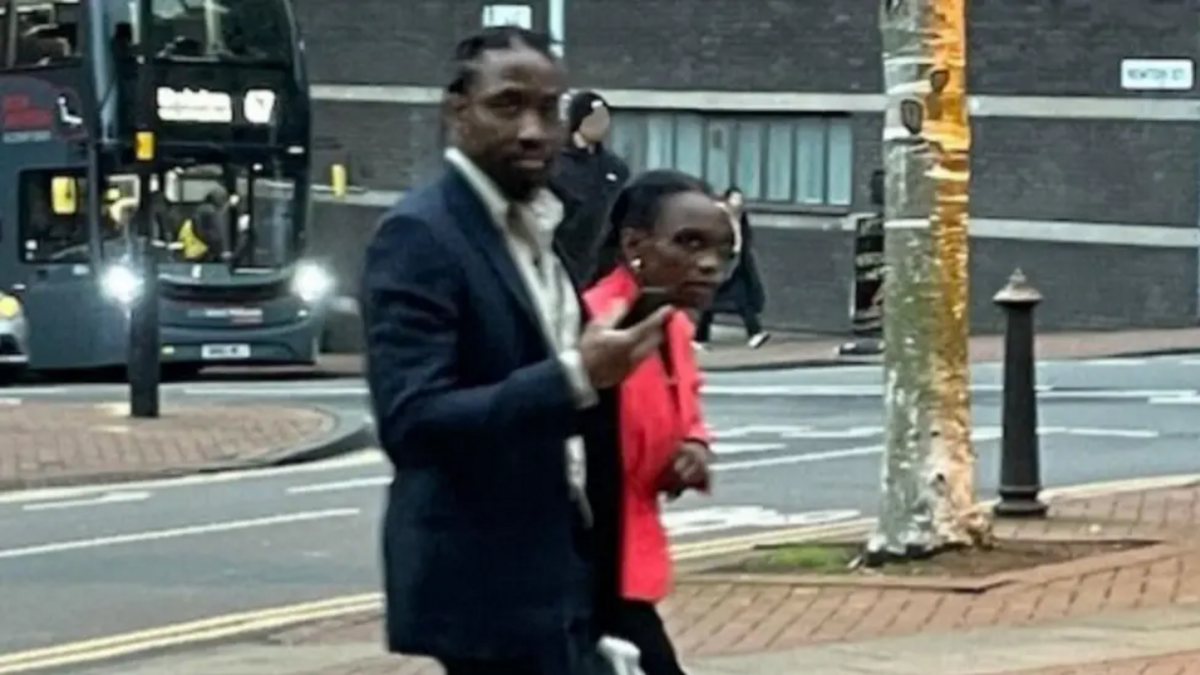Parents guilty of causing buried boy's death
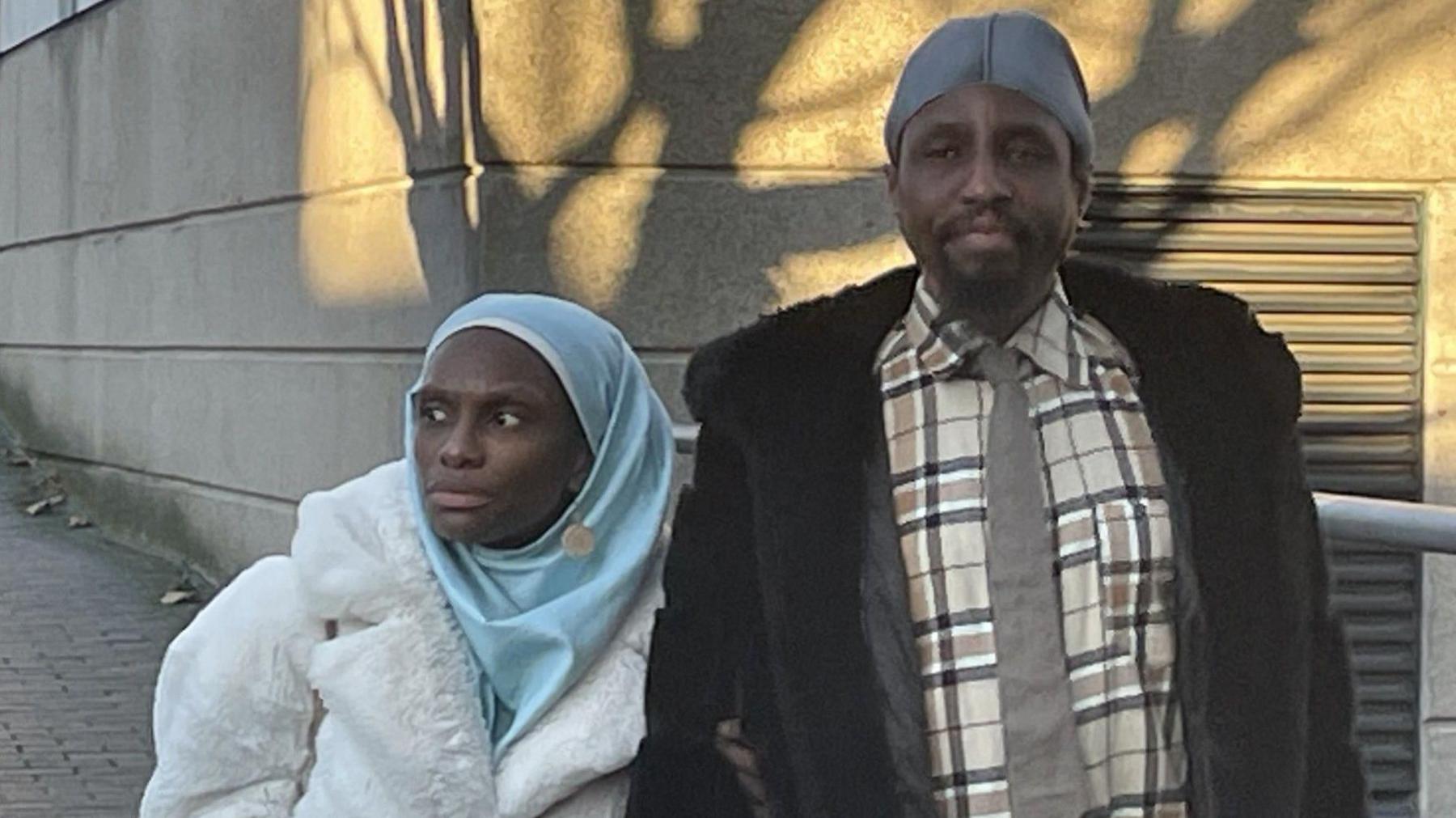
Both defendants had denied the charges at Coventry Crown Court
- Published
The parents of a severely malnourished boy whose body was found buried in a garden in Birmingham have been found guilty of causing his death.
Tai and Naiyahmi Yasharahyalah, 42 and 43, showed "breathtaking arrogance and cruelty" in their neglect of three-year-old Abiyah.
Abiyah was found buried in the garden of a property where the couple had lived in Clarence Road, Handsworth.
The Yasharahyalahs, who lived an off-grid existence, were evicted in March 2022 and police found their son's body in December that year.
Both parents had denied neglect, causing or allowing the death of a child and perverting the course of justice.
The court had heard how Abiyah died following a respiratory infection, but this was not the full extent of his poor health.
He had been in a severely malnourished state and suffered with a list of other problems. The scale of his parents' neglect only emerged after his body was exhumed.
Post-mortem tests failed to ascertain the cause of Abiyah's death because tests on soft tissue, which had decomposed, could not be carried out.
But experts were able to say that if the three-year-old died from a respiratory illness, as described by his parents, the effects of malnutrition would have been a "more than minimal" cause of his death.
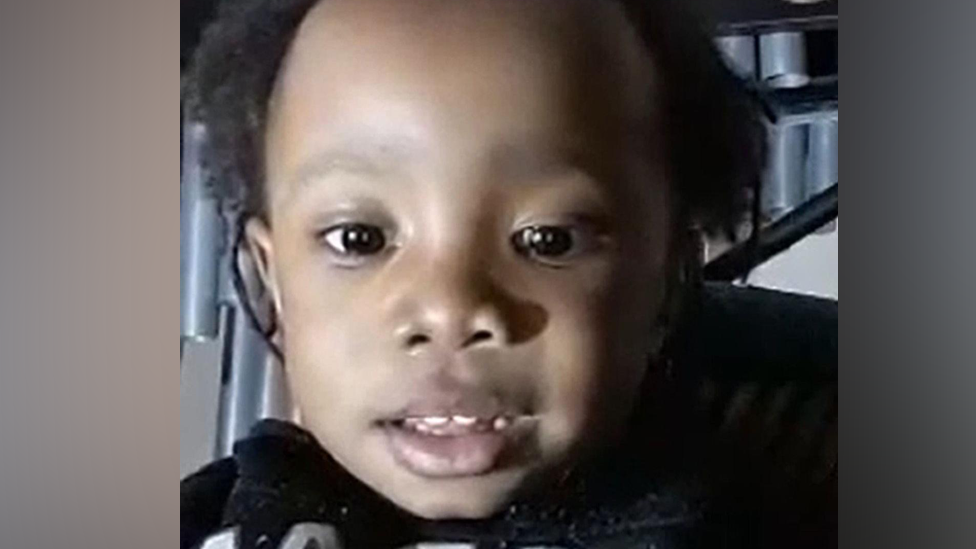
Abiyah Yasharahyalah would have been about three years and nine months old when he died
During the trial, the prosecution told the jury Abiyah died between December 2019 and January 2020 and would have been about three years and nine months old.
Jurors heard how the couple failed to give him enough food or get medical help when he was in pain.
Abiyah had suffered from bone fractures, rickets, anaemia, stunted growth and severe dental decay.
Evidence from examinations of Abiyah's remains showed he had suffered five broken bones, including a fractured arm, and rib fractures.
Tai and Naiyahmi Yasharahyalah were arrested at a caravan in Somerset
The court heard the Yasharahyalahs had been motivated by a belief system including a restrictive vegan diet and a desire to avoid unwanted attention and, the prosecution said, were prepared to allow their child to "suffer the consequences".
Both of the parents were "extremely thin" when they were arrested, the court heard.
The parents, who had opted out of mainstream society, had believed Abiyah would be reincarnated if they followed a burial ritual, the jury heard.
Tai Yasharahyalah said in his Igbo culture it was believed every person had a physical and spiritual form, the latter of which could be saved.
The pair did not call the emergency services after Abiyah died because strangers could scare off spirits. Instead, they lit a paraffin lamp in the room near him as a beacon, in case his spirit wished to return to his body.
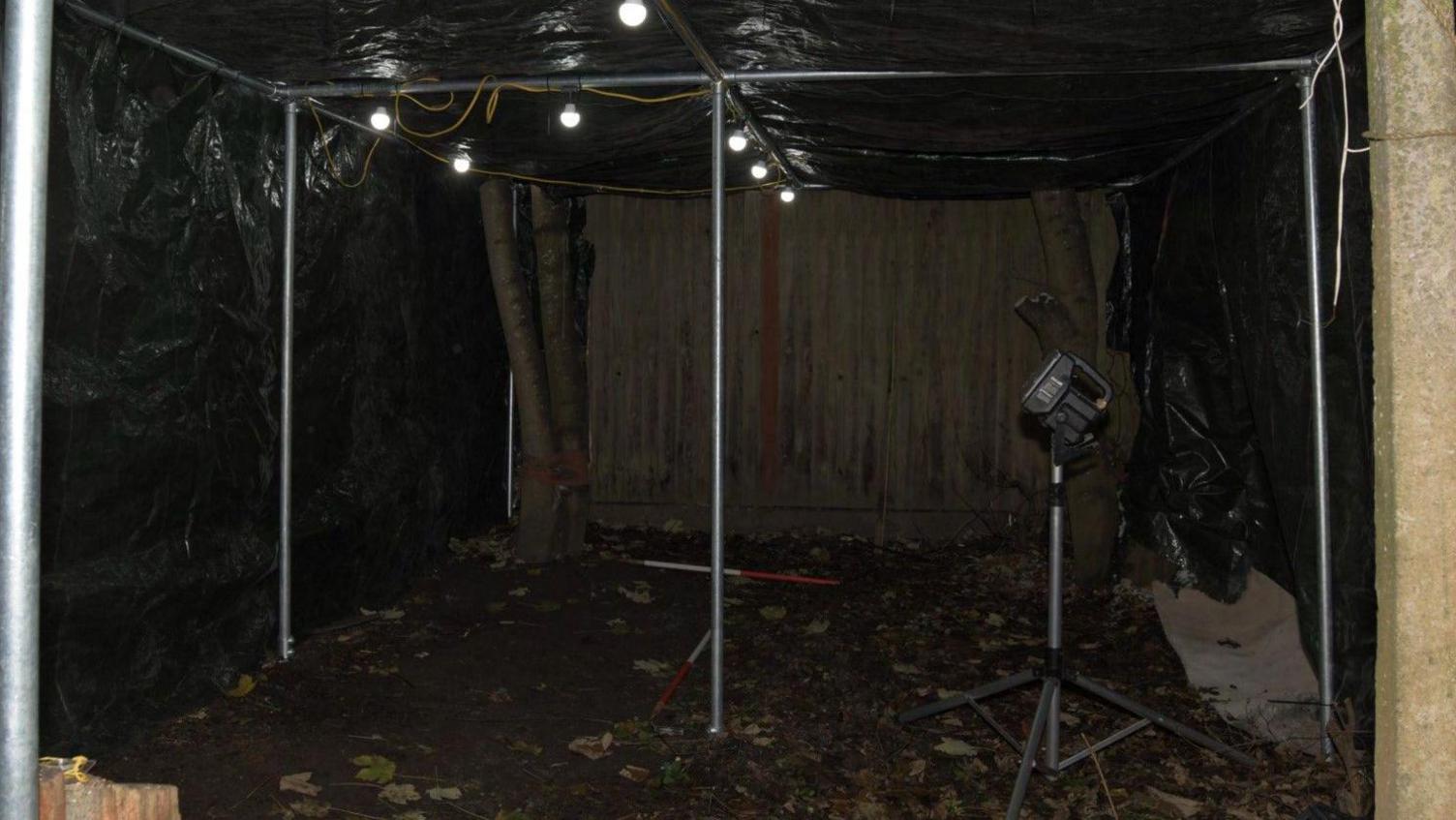
Abiyah's body was found buried in an 80cm-deep grave
After an eight-day period, Abiyah's body was embalmed, and they buried him in the garden in an 80cm-deep grave.
Asked if they had buried the body to hide it, Tai Yasharahyalah said it was "not the case at all".
He had studied medical genetics but the court heard that instead of contacting the NHS, the pair tried to treat their son's final illness with garlic and ginger.
The court heard Abiyah's mother had said "nature has a way of doing things".
Prosecutor Jonas Hankin KC said: "That is their attitude, 'we're right and nature will decide'. It is breathtaking arrogance and cruelty."
Jurors heard Tai Yasharahyalah had studied immunology and how diseases affect genes.
Following the verdicts, the judge, Mr Justice Wall, commended jurors for their work and said it had been "both a long and difficult case".
The couple showed no visible or audible reaction to the verdicts.
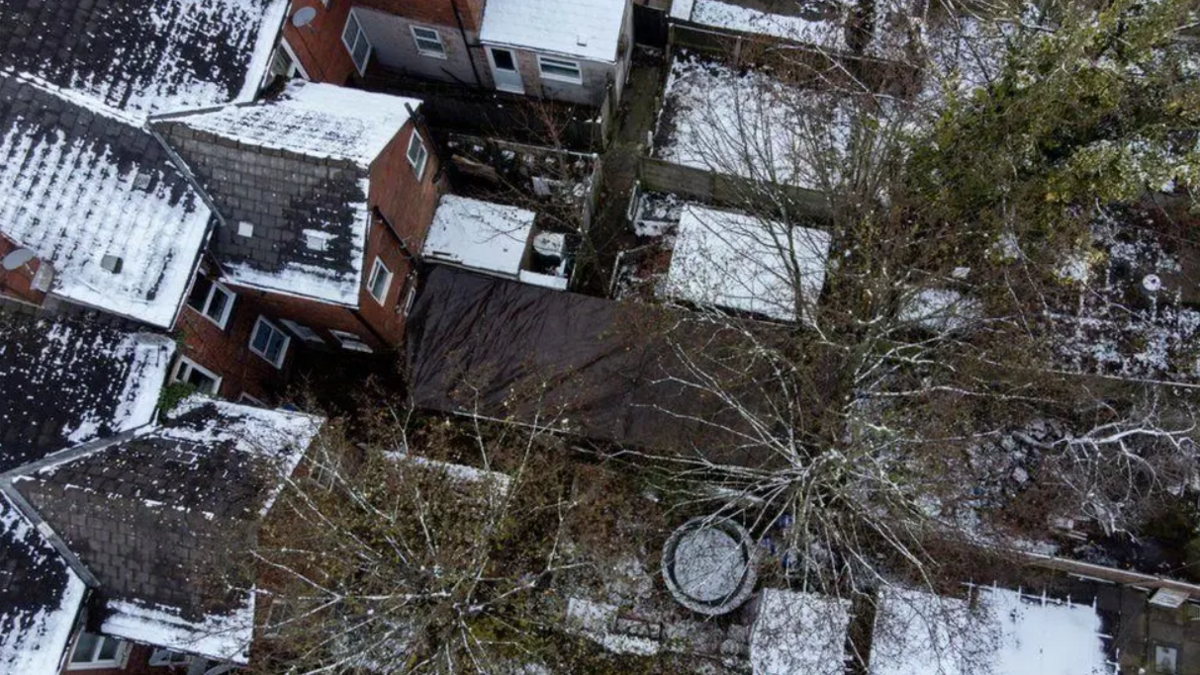
Abiyah is believed to have been buried in the garden from January 2020 to December 2022
After the hearing, James Leslie Francis from the Crown Prosecution Service said Abiyah's parents had showed a "callous disregard for his health and wellbeing".
He said they had been free to behave in a way that damaged their own health, but they owed him a duty of care and their actions led to his premature death.
"Afterwards, they buried his body to hide their crime, without notifying the authorities," he said.
"If his malnutrition and health issues had been treated, it is highly unlikely that he would have died suddenly and unexpectedly at his age."
The Birmingham Safeguarding Children Partnership said a safeguarding review was being carried out to identify "systemic learning" and reduce the risk of similar incidents happening again. The review is expected to be published in the new year.
The pair will be sentenced next Thursday.
Analysis
By Phil Mackie, BBC Midlands Correspondent, at Coventry Crown Court
Tai and Naiyahmi Yasharahyalah arrived at court day in, day out, well-dressed and looking smart, which is far cry from how they looked three years ago.
Back then, they were so badly malnourished they were described as "skeletal" and could barely walk.
If they had not have been taken to hospital when they were arrested, one of them could have died.
But at the centre of this case was their three-year-old son Abiyah.
His fate was revealed thanks to a tenacious social worker who discovered videos of him while investigating other matters.
Sadly, this was not the first time agencies had the opportunity to intervene.
In 2021, police had tried to find Abiyah but by then he was already dead. Officers left without finding his makeshift grave in the back garden. A safeguarding review is under way.
Get in touch
Tell us which stories we should cover in Birmingham and the Black Country
Follow BBC Birmingham on BBC Sounds, Facebook, external, X, external and Instagram, external.
Related topics
- Published8 November 2024
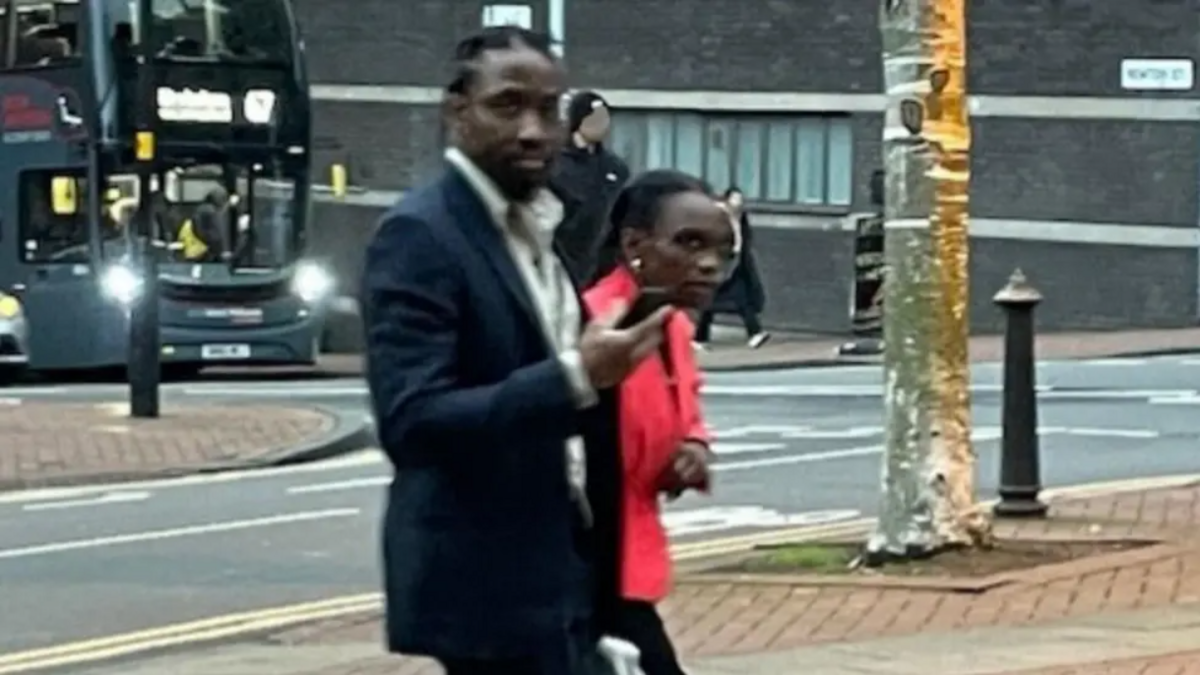
- Published10 October 2024
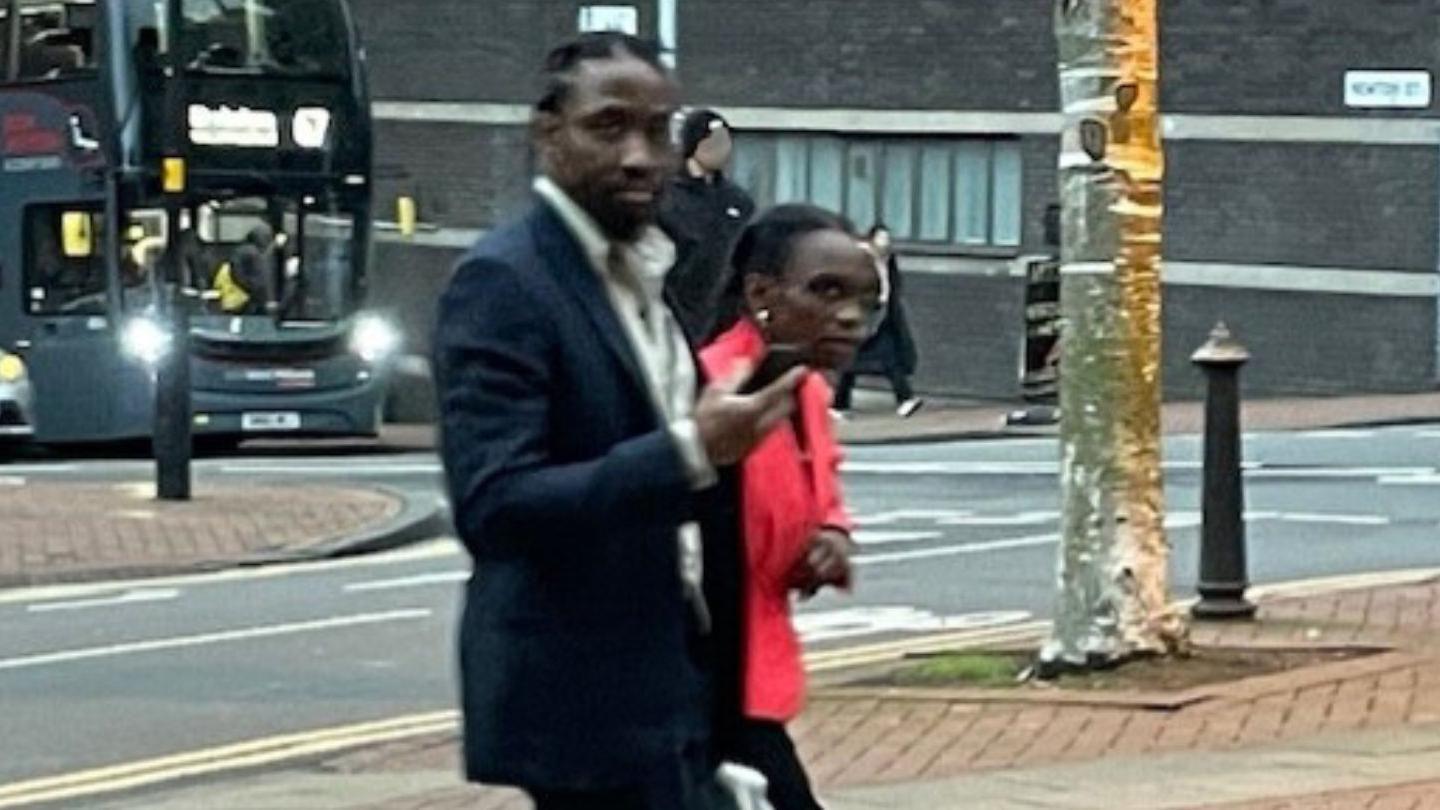
- Published24 October 2024
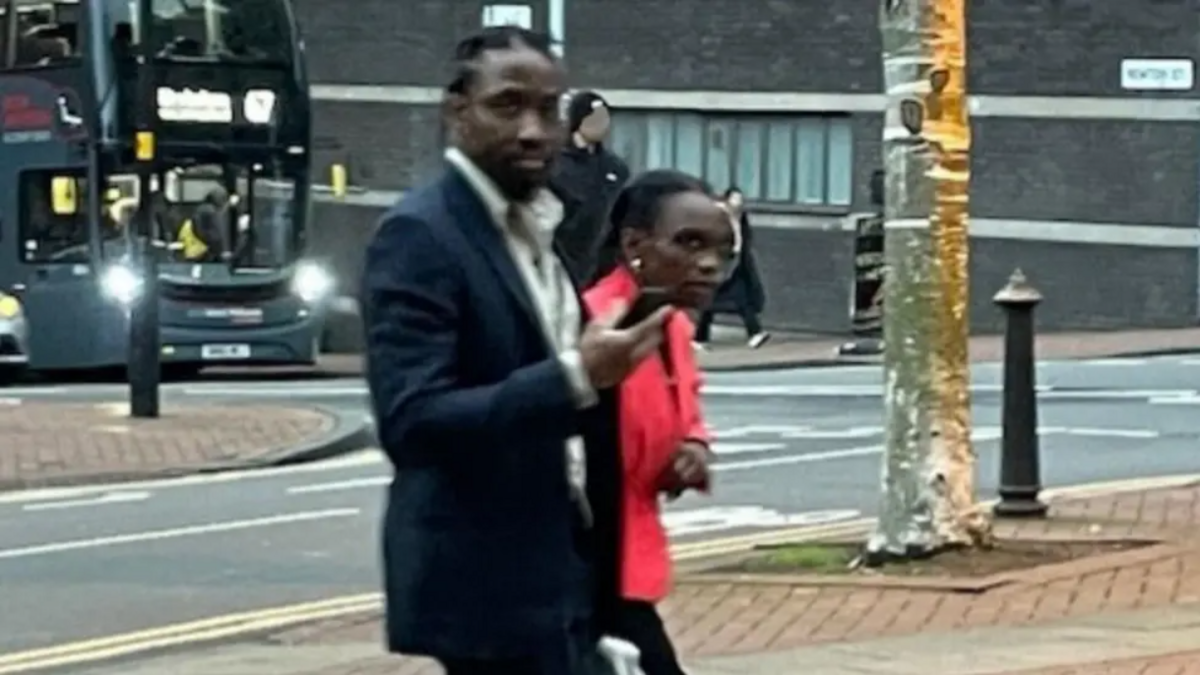
- Published14 October 2024
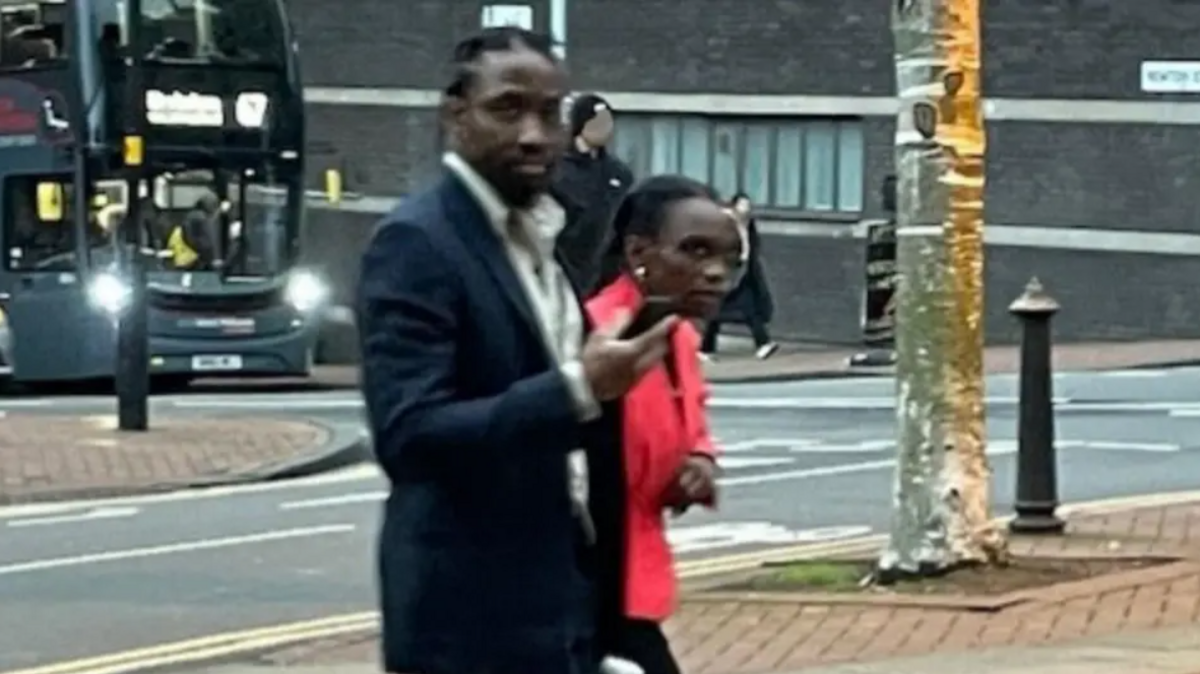
- Published7 November 2024
